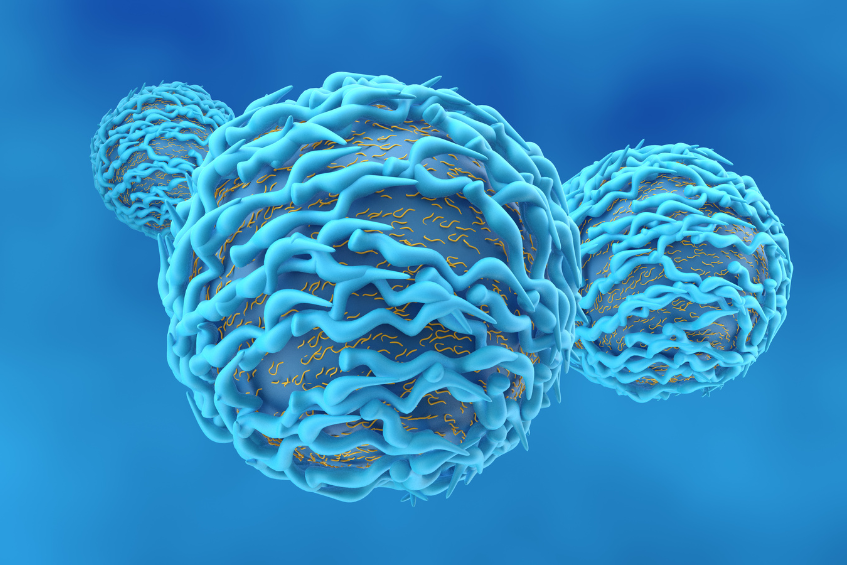
Immunotherapy is a type of cancer treatment that uses a person’s own immune system to fight cancer. It works by boosting or modifying the immune system using substances made by the body or in a laboratory to find and destroy cancer cells.
Under normal conditions, the immune system detects and destroys abnormal cells and most likely prevents or curbs the growth of many cancers. For instance, immune cells are sometimes found in and around tumors. These cells, called tumor-infiltrating lymphocytes or TILs, are a sign that the immune system is responding to the tumor. People whose tumors contain TILs often do better than people whose tumors don’t contain them.
However, cancer cells can sometimes evade immune detection through:
When the immune system detects something harmful, it produces antibodies. Antibodies are proteins that fight infections by attaching to antigens, which are molecules that start the immune response in the body.
Monoclonal antibodies are made in a laboratory to boost the body's natural antibodies or act as antibodies themselves. Monoclonal antibodies can help fight cancer in different ways. For example, they can be used to block the activity of abnormal proteins in cancer cells. This is also considered a type of targeted therapy, which is a cancer treatment using medication that targets a cancer's specific genes, proteins, or the tissue environment that helps the tumor grow and survive.
Immune checkpoints are used by the body to naturally stop an immune system response and prevent the immune system from attacking healthy cells. However, cancer cells can exploit these checkpoints to hide from the immune system.
Checkpoint inhibitors prevent cancer cells from blocking the immune system. Common checkpoints that these inhibitors affect are the PD-1/PD-L1 and CTLA-4 pathways.
Immunotherapy comes in various forms, each with unique mechanisms:
Immunotherapy can treat many different types of cancer. It can be used alone or in combination with chemotherapy and/or other cancer treatments.
Immunotherapy has revolutionized oncology treatment in the last decade, with the hope of a cure for cancer in sight.
If you or a loved one is considering immunotherapy, trust the experts at Gleneagles Hospital Penang. Our dedicated oncology team offers advanced cancer treatments tailored to your unique needs. Schedule a consultation today and explore how immunotherapy can be part of your personalized cancer care journey.

Wait a minute

Wait a minute